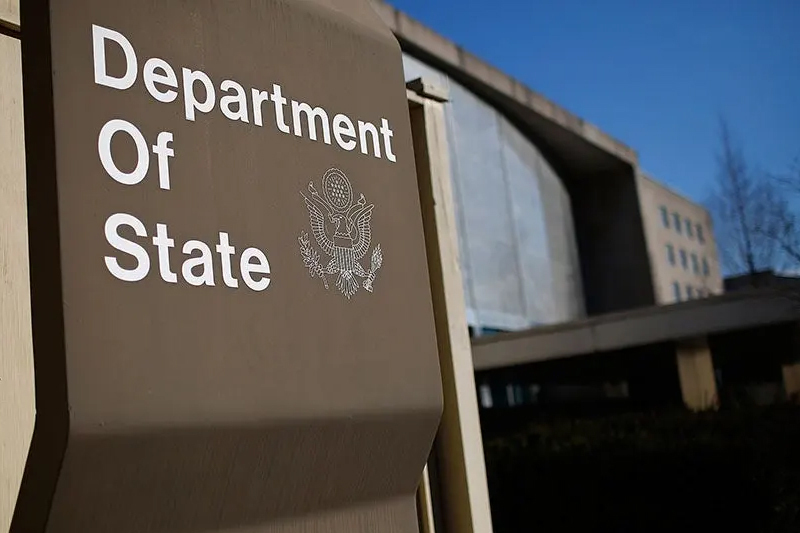
U.S. Visa Bans: A Response to West Bank Violence
In a significant move, the U.S. State Department has announced the imposition of visa bans targeting individuals who undermine peace, security, or stability in the occupied West Bank. Secretary of State Antony Blinken, in a statement released on Tuesday, outlined the new visa restriction policy, underscoring its focus on those who have committed acts of violence or taken actions restricting civilians’ access to essential services and necessities.
Understanding the Visa Restriction Policy
The new policy, as outlined by Blinken, seeks to address the escalating violence in the West Bank, particularly the attacks by Israeli settlers against Palestinians. President Joe Biden and other senior U.S. officials have consistently urged Israel to take decisive action against extremist settlers responsible for violent attacks. Blinken emphasized that the U.S. is ready to employ its authorities to ensure accountability.
The visa bans, effective immediately, are poised to impact individuals directly involved in violence or actions hampering civilian access to essential services. Furthermore, these restrictions may extend to family members of the implicated individuals. State Department spokesperson Matthew Miller revealed that the initial bans would be imposed promptly, with additional designations in the days to come. The impact is expected to be substantial, affecting dozens of individuals.
Revocation of Existing U.S. Visas
A noteworthy aspect of the policy is the revocation of existing U.S. visas for those targeted. Any Israeli with a visa subjected to the ban will receive notification of the revocation. This measure aims to reinforce the consequences of actions that undermine peace and stability in the West Bank.
Keep Reading
Contextualizing the West Bank Situation
Since the 1967 Middle East war, the West Bank has been under Israeli occupation, creating longstanding tensions. Israel’s construction of Jewish settlements in the region, considered illegal by most countries, adds a complex layer to the conflict. The recent surge in daily settler attacks, as highlighted by U.N. figures, underscores the urgency of addressing the situation.
The West Bank, envisioned by Palestinians as the core of an independent state, has witnessed ongoing disputes fueled by historical and biblical ties claimed by Israel. The complexities are compounded by the aftermath of the Oct. 7 Hamas attack on Israel, leading to increased violence in the region.
U.S. Expectations and Actions
Secretary Blinken’s meetings in Israel last week marked a clear message: the U.S. is prepared to take action to ensure accountability for acts of violence. The expectation is that Israel will prosecute those responsible for violence in the West Bank. While emphasizing the need for Israeli leadership to address the situation, Blinken also called for increased efforts by the Palestinian Authority to curb attacks against Israelis.
As the U.S. initiates visa bans, the focus remains on engagement with Israeli leadership. The intent is to convey a clear message that additional measures are necessary to protect Palestinian civilians from extremist attacks. Simultaneously, there is a call for the Palestinian Authority to play a more proactive role in curbing violence.
The Broader Implications of U.S. Visa Ban
The U.S. visa bans are not only a response to immediate concerns but also a reflection of the broader implications of the West Bank situation. The move signals a commitment to accountability, peace, and stability in the region, emphasizing the significance of collaborative efforts to address complex geopolitical challenges.
In conclusion, the U.S. visa bans stand as a decisive measure in response to West Bank violence, marking a commitment to accountability and peace. The evolving situation underscores the intricate dynamics of the region, demanding continued engagement, dialogue, and concerted efforts to achieve lasting stability.




